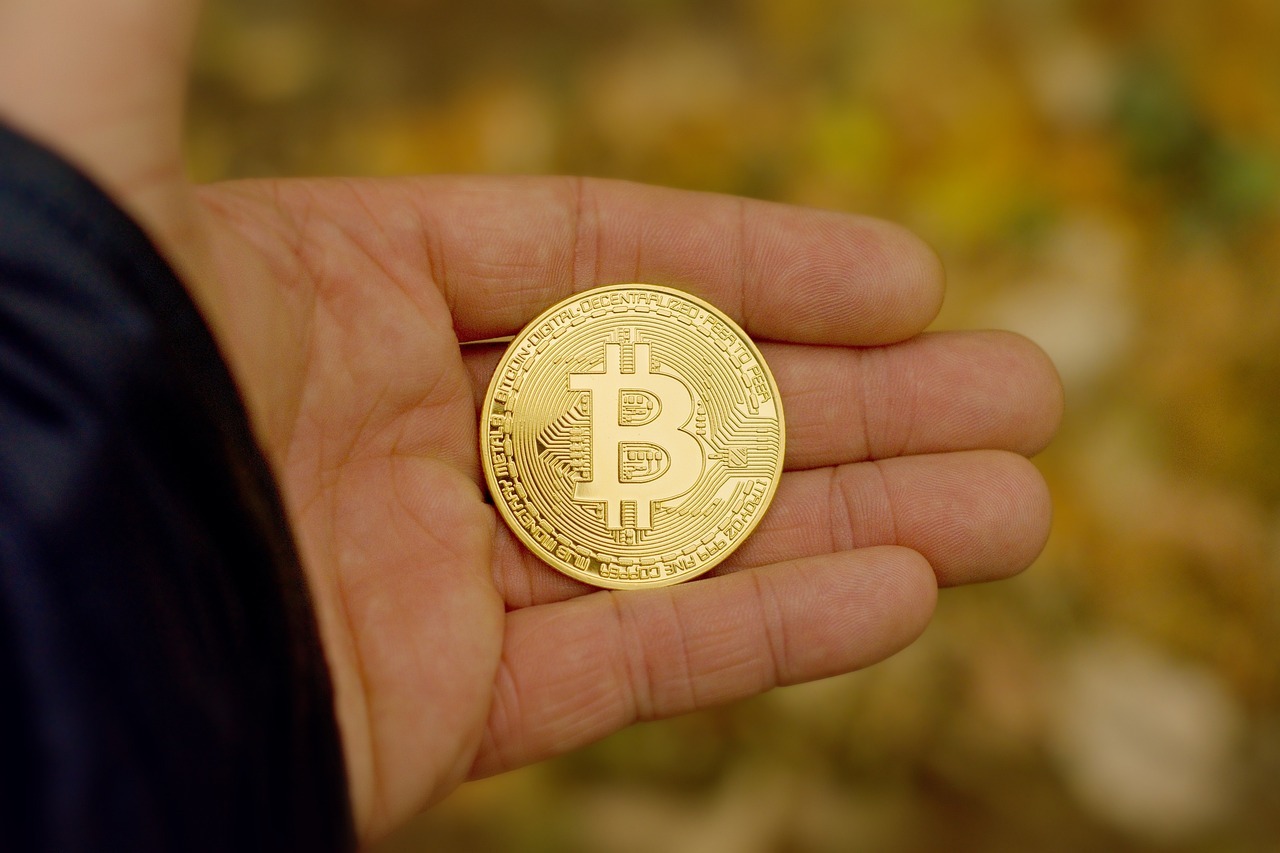The SEC is committed to safeguarding digital asset investors from fraud and manipulation through stringent regulations. Since its establishment in 1934, the SEC has been striving to promote fairness in America’s securities markets and protect investors from malpractices. Besides facilitating capital formation, the agency fully discloses information on domestic corporate takeovers. The regulatory framework applies to financial service providers and their representatives, necessitating prior approval for any Bitcoin exchange transactions.
Influence Of The SEC’s Regulatory On The Crypto Market
The U.S. SEC oversees fair and transparent markets for investors. They enforce laws and regulations in the securities industry and are led by Chairman Gary Gensler and five commissioners appointed by the President to staggered terms. Commissioners serve until their replacements are arranged.
- Regulatory Affecting new tokens: In 2017, the SEC declared initial coin offerings’ tokens as securities, and Ripple Labs Inc. was sued for allegedly breaking federal securities laws. Since then, there has been an exponential increase in blockchain-based investment opportunities, and the SEC has started its first enforcement action in decentralized finance. Commissioner Hester Peirce cautioned investors about potential pitfalls with NFTs.
- Exchanges might be obligated to sign up as broker-dealers: Senator Gensler has urged cryptocurrency exchanges to register as securities exchanges to safeguard investors from dishonest practices, use audit-compliant technology systems, and have stringent trade execution regulations. Some platforms have acquired broker-dealer certifications from the U.S. to accept SEC regulations.
- Stablecoins may face greater examination: Due to the failure of UST’s algorithmic stablecoin, regulators are paying more attention to stablecoins, blockchain tokens whose value is fixed against a fiat currency. Due to Tether’s (USDT) misrepresentation of its reserves, it was fined $41 million. Systemic risks for cryptocurrencies may result from this.
SEC settles crypto disputes to protect investors. Chairman Gensler reports that while past enforcement actions have been taken, more cases may emerge with decentralized finance and stablecoins rising in U.S. securities markets.

